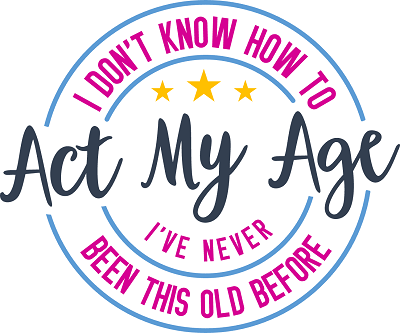 It may seem as if healthy aging is difficult to achieve, but, this is because it takes lifelong attention and focus. While some people may have good genes that help them age gracefully, others have to actively take care of themselves in order to achieve this.
It may seem as if healthy aging is difficult to achieve, but, this is because it takes lifelong attention and focus. While some people may have good genes that help them age gracefully, others have to actively take care of themselves in order to achieve this.
They key to healthy aging, then, is a combination of self-care and active prevention to ensure graceful transitions into a middle-adulthood and eventual old age. However, between the different health crazes, nutrition fads, and advice from healthcare professionals, it can be difficult to know who to listen to and what to do when it comes to prevention strategies.
What are Prevention Strategies?
Prevention strategies and exercises are actions that perform as a “preemptive strike” to health problems that may occur later in life. People engage in prevention activities all the time without realizing it, because they are such a big part of our everyday lives. For example, one might go to bed early the night before they have an early morning so that they won’t be tired.
Similarly, one might wait at least 30 minutes after eating before exercising or going on a roller coaster to prevent getting sick or other digestive problems. Think of these prevention strategies on a larger scale when it comes to your whole life and healthy aging.
When Should You Start?
Though the prevention concept should be “lifelong”, you may be wondering when this actually starts.
This idea of prevention was out of your hands as an infant and a young child, so does this mean you’ve missed your window?
Fortunately, lifelong does not have to be taken literally. In fact, whenever you start preventative actions is a good thing for your future self. Ideally, you would want to start during adolescence or young adulthood, which are also known as the years when the most damage is being done.
There are little things you can do every day, however, that can add up to preventative actions that can be effective in the long run.
The Key to Healthy Aging
Perhaps it seems too simple to work, but prevention is not as easy as it sounds. Prevention can be very difficult at times, causing some people to miss out on their favorite foods, activities, and other events they may want to take part in.
However, when healthy aging is the end goal, prevention is always worth it. How can you practice prevention?
Try the following:
Sleep
You’ve probably heard this all throughout growing up, but getting enough sleep is a sure-fire way to encourage healthy, graceful aging. Late nights are necessary sometimes in life, however making a point to consistently get at least 7-8 hours of sleep each night is best for your body. Your skin, hair, inner systems, and your brain all benefit from ample amounts of sleep, allowing your body to heal and refresh itself during the night. When sleep deprived, you age quicker, are more prone to the release of harmful stress hormones, and you can literally lose your looks. They don’t call it beauty sleep for nothing.
Exercise
Regular cardio and aerobic exercise can work wonders on your immune system as well as your cardiovascular, digestive, musculoskeletal, and even the nervous system. Those who exercise find they are stronger both mentally and physically as well as more in tune with their body.
Get Regular Checkups
Many people forego the doctor unless something serious comes up, but this is neither a safe nor a smart approach to your health. You should get regular checkups annually to ensure that everything is in working order. If you have a concern about anything, don’t hesitate. It’s better to know and be safe than to be surprised and sorry later. If lack of healthcare is holding you back from regular health exams, look into your state’s health care program. In many cases, healthcare is more affordable than you think.
Eat Well
Those years of fast food, sodas, sweets and junk food will catch up to you eventually in the form of some pretty serious health conditions. Hypertension, heart disease, obesity, and other problems are usually linked to these behaviors, especially in people with a family history and other risk factors. A balanced diet that is high in fiber and good fats, low in bad fats and cholesterol, and filled with lots of fruits and veggies is ideal. You can still have your sweets and the occasional cheeseburger, but remember that moderation is key.
Cultivate Relationships
Lonely people have been shown to have higher risk of health problems and early death than those who maintain a healthy social life. Create connections with friends, family, and even potential love interests and build relationships that will last. If you have trouble making connections, get out there and do some activities. Volunteering, clubs, and taking a class are all great ways to meet people and build quality relationships.


